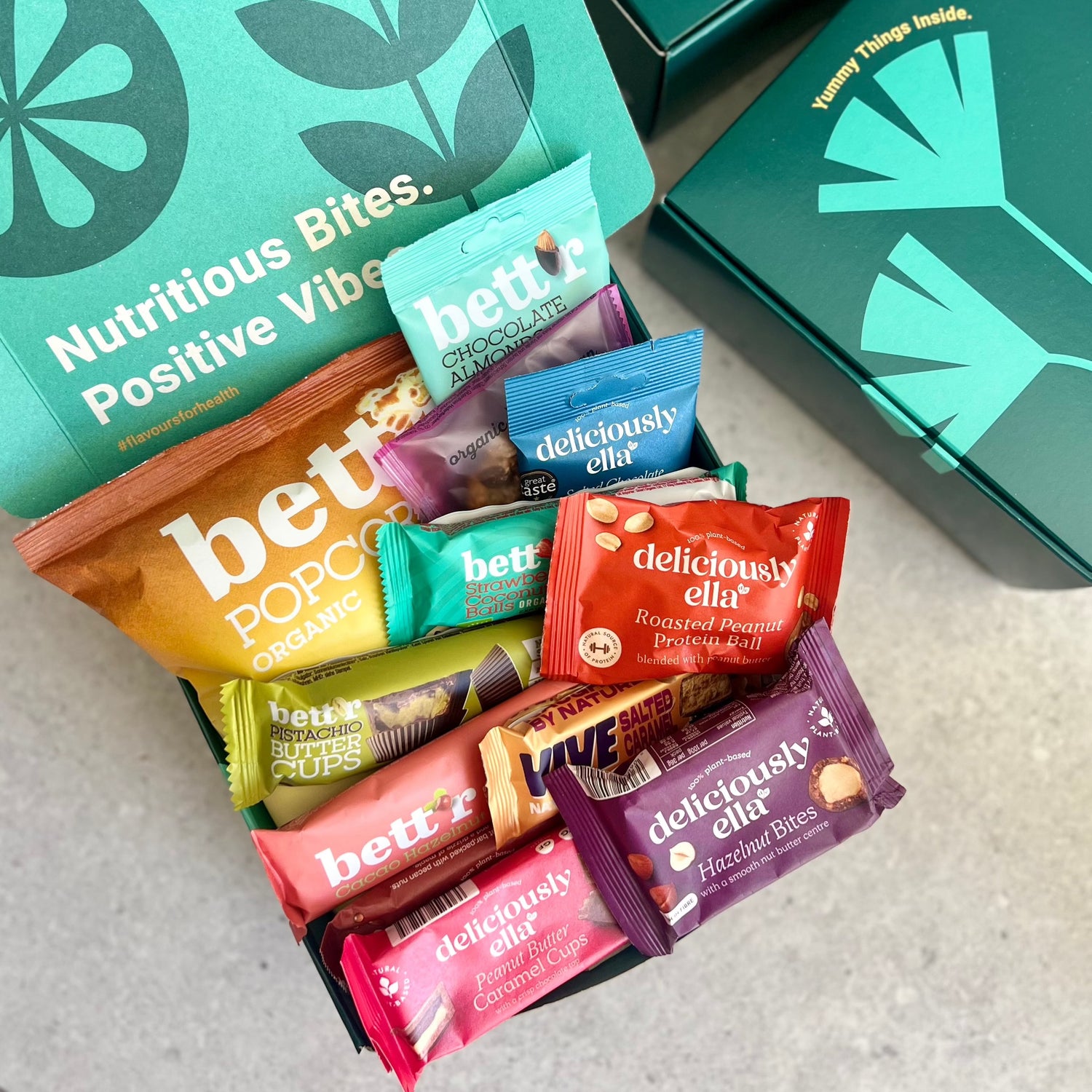
Protein, protein, protein. It's the buzz word that never stops buzzing in the health industry. We all know we need it in our diets but what does it actually do for us?
Why is protein important?
Our bodies are made of approximately 20% of protein, it is an essential component of every single cell in our body. Amino acids are the building blocks of Protein and they are essential to keep the skin smooth, elastic and strong. Our bodies use protein to build and repair tissues. It is also needed for enzymes, hormones, bones, cartilidge, skin and blood. Bottom line: we can not do without it.
Protein is a 'macronutrient' meaning we need it in quantity. Unlike fat and carbs, our bodies can not store protein - so we need to make sure we take enough every day.
How to up your protein intake
Try to make sure you include protein at every meal along with fresh, organic fruits and vegetables. For optimum nutrition you should try to include plant-based protein sources, these are a few of our suggestions:
- Include plenty of beans, nuts and wholegrains in your diet.
- Don’t overlook plant-based protein sources – things like tofu, tempeh, quinoa and lentils.
- Natural and nutrient packed protein powders can provide a quick and convenient way to boost the healthy protein in your diet.
- Superfoods such as Moringa Powder is also an excellent plant-based source of protein and contains all 9 essential amino acids.
The type of protein matters!
The key is to get more protein from better food sources - So, for instance, plant protein or lean meat sources rather than the artery-clogging, high fat, processed variety. Try and stay away from red and processed meats, which have been linked to an increased risk of type 2 diabetes, cardiovascular disease and colorectal cancer.
There is so much to learn about protein; it's benefits, the types and how much we should have in every meal, but our takeaway tip today is to choose the right type of protein to include in your diet and avoid processed, fatty types of protein.

